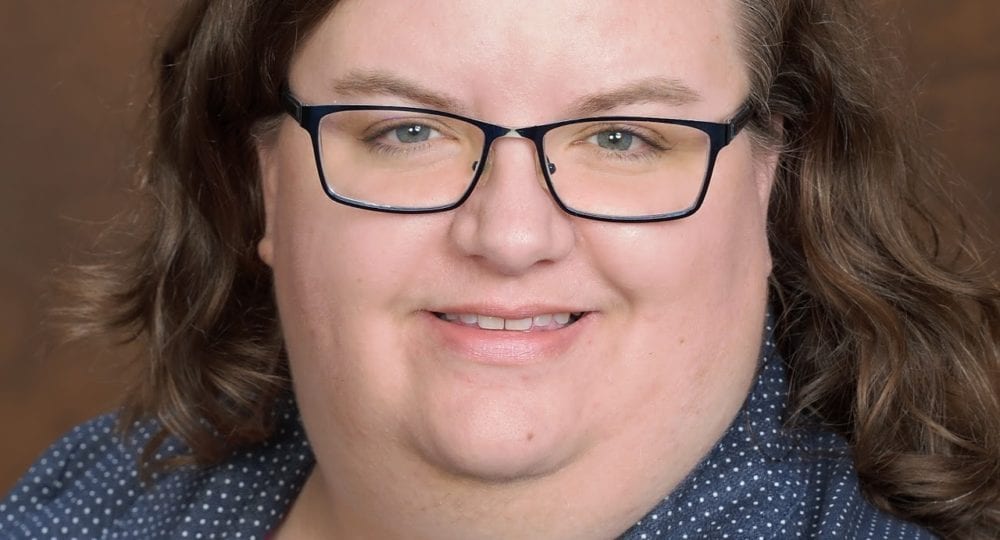Heather directs and oversees all aspects of her assigned projects ensuring compliance with registry standards and specifications. She ensures the goals and objectives of each project are met through oversight of her data abstraction teams.
Prior to joining Registry Partners, Heather served as a cancer registrar for the University of Arkansas for Medical Sciences and the Central Arkansas Veterans Healthcare System. She has also served as a cancer registry contractor and has experience in both medical transcription and coding.
Heather earned her Bachelor of Science in Education degree from University of Central Arkansas and her Associate of Science degree in Health Information Technology from University of Arkansas for Medical Sciences. She is a Certified Tumor Registrar (CTR) and is a member of the National Cancer Registrars Association and the Arkansas Cancer Registrars Association.
Heather resides in Arkansas and has four children. In her spare time she enjoys reading, drinking coffee, working logic puzzles, crocheting, volunteering with scouts, and advocating for special needs/children with trauma history.
Q & A with Heather:
Q: How did you become aware of the cancer registry profession?
A: I was working for my local hospital as a transcriptionist and ate lunch with a lady who had a desk in the corner of the HIM file room where all the paper charts were housed. Her desk was covered with stacks of charts and all these books. I asked her one day at lunch what she did, and she invited me over to her desk where she shared with me about the world of Cancer Registry and all about her job. I was immediately hooked and started researching how to become a registrar and what colleges were close to me in Arkansas where I could go back to school to finish up the courses I needed in order to sit for the CTR exam.
Q: Did you have a mentor when you began your career in the cancer registry field or did you learn on your own? What are the pros and cons of this type of learning?
A: I did a lot of learning on my own initially. I did have several mentors along the way though. One CTR from the Arkansas Central Cancer Registry was very encouraging while I was doing my 180-hour practicum while still in college. She helped me set up my internship with a local Hem/Onc practice that the state needed cases from, and she answered tons of questions while I completed my internship there. It was a win-win situation; I got the experience, and the state got the cases they needed.
My first actual paid registry position was at the Little Rock VA Hospital. My supervisor and co-worker there were both wonderful CTR mentors who taught me so much about the “real world” of being a registrar and not just the “book knowledge” I had coming out of school. They also helped me gain very valuable experience in a CoC program. Their encouragement and insights and all the detailed QA they did on my cases helped me pass the CTR exam on my first try after only working in a registry for 9 months. I do think all the research I did on my own and all the time spent in the manuals myself was, for me, the best method to really learn the skills I needed. Having mentors was also invaluable, as there are some times when the input of a seasoned registrar is what one needs to really make sense of things. I highly recommend a balance of both – self-learning and having a mentor to whom one can reach out.
Q: What advice would you give to other individuals considering a career in cancer registry and pursuing their CTR certification?
A: This is an amazing profession, one that is never boring. Whether it’s learning about a new part of the body by abstracting a primary site you’ve never abstracted before, learning about new treatments that are on the cutting edge of today’s medical breakthroughs, finding a “lost” patient via follow-up and helping return that patient to active care with the medical team, or being part of the Cancer Committee and going through the survey process with a facility – being a CTR opens up the human body and the world of medicine from a whole new perspective and allows one to learn and grow and gain skills that have an impact on both current patients and future generations.
Being part of the Oncology team and being able to offer my skill set to aid the diagnostic and treatment team in providing the best care possible for their patients is a very rewarding and personally fulfilling work in which to be involved. I learn and grow as a professional every single day as a CTR. If you have an interest in medicine, are detail-oriented, and want to contribute to bettering the care cancer patients receive with a long-range mindset, this is a wonderful career to pursue.
Take advantage of all the learning opportunities in your academic community, local CTR community and state association, and avail yourself of any offers of mentoring. Your fellow CTRs are your best source of encouragement and information when you are training to be a registrar, preparing to sit for your CTR exam, and when you are working in the field and have “that” case in front of you that you just don’t know what to do with. You will find personal gratification in the work you do and find lifelong friends in the CTR community around you.





